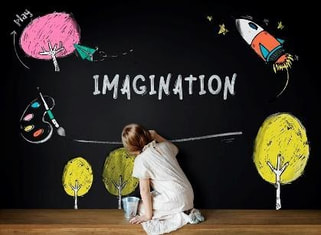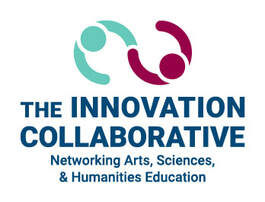 By Juliana Texley, Collaborative Board member and former NSTA President Is there a divide between science and imagination? Common conceptions of science as non-imaginative persist, but research suggests the critical role of imagination, both in the practice of STEM and in shaping learners' perceptions of themselves. Leaders at the Museum of Science, Boston, are exploring the intersections of imagination, STEM, and education practice in ways that are actionable for museum professionals. Their project will consider how research on imaginative thinking, and perspectives on the role of imagination in STEM practice and STEM education, can be systematically applied to support STEM learning in museum contexts. A grant from the Advancing Informal STEM Learning (AISL) program at the National Science Foundation (NSF) will support this project. This NSF division “seeks to advance new approaches to, and evidence-based understanding of, the design and development of STEM learning in informal environments; provide multiple pathways for broadening access to and engagement in STEM learning experiences; advance innovative research on and assessment of STEM learning in informal environments; and develop understandings of deeper learning by participants”. Research in the fields of neuroscience, psychology, child development, and education suggest ways that imagination can be fostered and improved. This evidence could be applied to the design of museum experiences to help improve STEM outcomes. The project will complete a literature review, a document review, and a survey of ISE (Informal Science Education) professionals. It will host a convening of STEM professionals (researchers, practitioners, educators, and others) and disseminate products designed to inform future project development. As a result of these activities, the leaders hope to prompt conversations about imaginative thinking, identify areas for future research, and influence future research. They hope to inspire imaginative thinking among public audiences through exhibitions, programs, and other designed experiences. The grant Principal Investigators are Rebecca Kipling and Christina Reich of the Museum of Science, Boston. You can find out more about the project at: https://nsf.gov/awardsearch/showAward?AWD_ID=1906899&HistoricalAwards=false
0 Comments
Your comment will be posted after it is approved.
Leave a Reply. |
